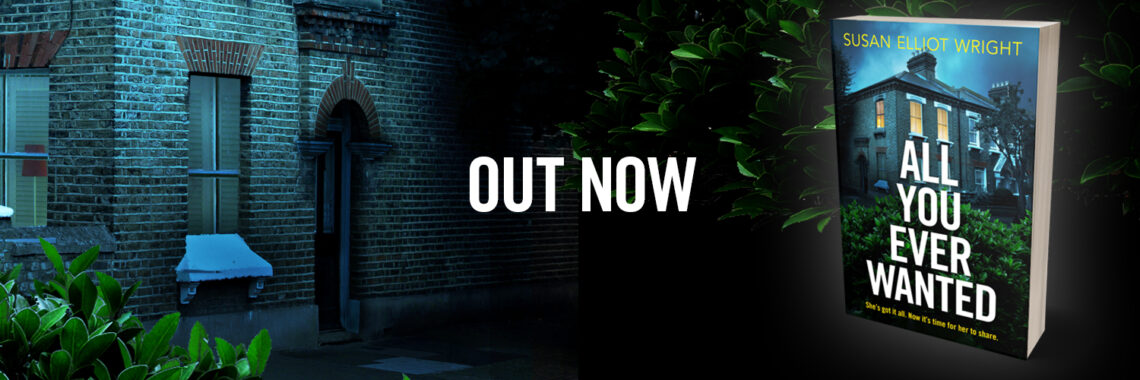This week, 3rd-9th May is Maternal Mental Health Awareness Week, so I’m reposting this piece, which I wrote in 2019.
If you’ve read my latest novel, The Flight of Cornelia Blackwood, you’ll know that I have a special interest in maternal mental health. My kids are in their 30s now, but I went through a tough time during those first weeks of motherhood, especially after my first child was born. I was so terrified that my baby would be taken away if anyone suspected I wasn’t coping that I didn’t tell anyone how I felt. It was only when I interviewed a perinatal psychiatrist as part of my research for this book that it became clear that I’d suffered from postpartum psychosis, albeit in relatively mild form.
Mad? Or just exhausted
My memories of those early weeks are still painfully vivid. Not only of crippling exhaustion, but of nightmares, fleeting hallucinations, paranoid anxiety and delusional thinking. I was desperate for sleep, yet unable to give into it because I was terrified my daughter would die while I slept. I wasn’t sure if was going mad or if I was simply exhausted, but I knew my ability to cope was at fault. After all, other women managed…

The experience has haunted me ever since, and if you’re one of my regular readers, you’ll know that all my books touch on postnatal distress or the difficulties of early motherhood in some form. But my most recent novel, The Flight of Cornelia Blackwood, is perhaps the book I’ve been wanting to write ever since I became a mother. As this is Maternal Mental Health Matters Awareness Week, I thought I’d share my own experience and talk a little about how I came to write the novel. There’s too much to say in one blog post, so I’m going to split it into four consecutive posts.
When the Bough Breaks
Cornelia Blackwood started as a short story called When the Bough Breaks around fifteen years ago. I was working as a magazine journalist and I’d been trying to place a piece on postnatal depression, or perhaps on the effects of sleep deprivation and lifestyle change on new mothers. The editors weren’t interested, so I thought I’d try exploring it in fiction. The short story worked well, but I wanted to go deeper with a novel, and this book is perhaps the closest I’ve come to saying what I want to say about how, for some women, the experience of early motherhood can be difficult, exhausting, frightening, and traumatic. In some cases, that manifests as postnatal depression or even psychosis.
For many women, the glowing and serene new mums that smile out from the pages of the baby magazines represent their own experience, and for them, I am truly happy. But for some women – more than you may think – new motherhood is not a rose-tinted time that glows brightly in the memory, rather it is dark and frightening and bathed in shadows.
This is post one of four, so tomorrow, I’ll talk more about how it was for me in those first few weeks. (You’ll need to scroll up for part two!)
If you, or someone you know is struggling, you can find sources of support through Maternal Mental Health Alliance











